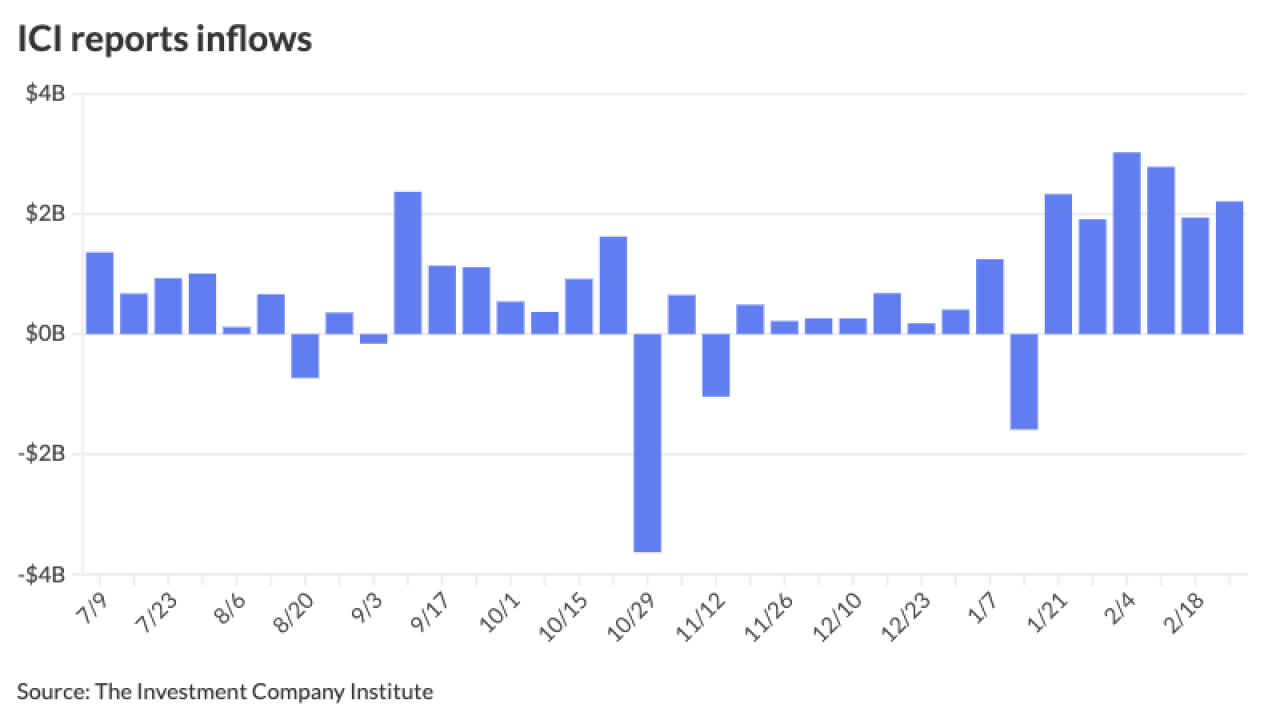
JERSEY CITY, N.J. — Caught in the crossfire of a scandal that has reshaped the national political landscape, the Port Authority of New York and New Jersey took steps Wednesday to reform its management as protestors gathered outside to call for the ouster of its chairman.
The authority's new special oversight board meeting in Jersey City agreed to bring in a governance expert to guide the board and the agency. Vice chairman Scott Rechler said the board was arranging a panel of critics of the Port Authority — many of whom have worked for it in the past — to recommend changes.
The Port Authority became embroiled in a national political scandal in January after emails indicated a traffic jam in Fort Lee, N.J., may have been initiated by New Jersey Gov. Chris Christie's staff members and implemented by his appointees to the Port Authority to punish the mayor.
While the Republican governor's presidential prospects sank, the scandal spotlighted the politicization of the Port Authority by Christie, and to a lesser extent New York Gov. Andrew Cuomo, that some observers say may become a credit negative for a major issuer.
The authority has sold almost $7.5 billion of bonds over the past three years, including $3.695 billion in 2012, which made it the eighth biggest municipal issuer in the nation that year.
Currently the practice is for the New Jersey governor to appoint the authority's chairperson and deputy executive director and the New York governor to appoint the executive director. The problem is that the two governors do not favor independence for the authorities, according to Manhattan Institute senior fellow Nicole Gelinas.
"They do not need reform on paper. They need reform in practice," she said.
Christie has made more than 60 patronage appointments to the authority and its board and, according to analysts and recent newspaper stories, encouraged his appointees to pursue policies that aren't necessarily in the interests of the authority and those it is supposed to serve.
Investors, their agents and the rating agencies should pay more attention to corporate governance issues at the authority, Gelinas said. The character and motives of leaders of bond-issuing entities are important. Their motives can get in the way of good decision-making, she said.
The authority is rated AA-minus by Standard & Poor's and Fitch Ratings and an equivalent Aa3 by Moody's Investors Service.
The process of picking the board, the board chairman and the executive director is far too politicized, Gelinas said.
The alleged closing of two lanes on the George Washington Bridge to take political retribution against a New Jersey mayor who refused to endorse Christie is a particularly egregious example of the politicization, she said.
The Port Authority also has given pieces of broken and melted steel girders from Ground Zero in Lower Manhattan to New Jersey mayors who Christie was trying to woo, according to the New York Times. Gelinas cited that as an example of political influence on the authority's choices and decisions. She also mentioned the authority's recent takeover of the Atlantic City, N.J., airport, even though it is outside the New York City metropolitan area that the authority is supposed to serve.
"The PA's decision to take on Atlantic City Airport — without a careful study and public discussion of its impact on PA dollars and use of executive energies — was shaped by narrow politics," said Jameson Doig, professor at Dartmouth College and author of a book on the Port Authority. "Other actions also reflected the power of New Jersey's governor, not a careful analysis of regional needs. Some of its actions have, I believe, affected PA credit."
Failures in overseeing the redevelopment of the World Trade Center site are proving to be much more significant, Gelinas said. Within a year or two from now, the authority will have borrowed $8 billion for the project, which includes the new PATH train station at the site.
Neither the main skyscraper nor the PATH station needed to be nearly as expensive as they are turning out to be, she said.
"Money used at the World Trade Center has been a severe drain on the Port Authority's ability to move ahead with its crucial transportation projects at the Lincoln Tunnel, LaGuardia Airport, etc., etc.," Doig said.
The high costs for the World Trade Center site contributed to the authority increasing its bridge and tunnel rates in the last few years and its plan to increase the rates further, Gelinas noted.
Eastbound cars crossing bridges and tunnels between New Jersey and New York are charged tolls ranging from $9 to $13, according to the Port Authority website.
Compared to other bridges and tunnels across the country, the rates are high now, said Standard & Poor's credit analyst Joe Pezzimenti, though he added that many things in New York City are priced comparatively high.
The automobile associations AAA New York and AAA New Jersey advocate giving the U.S. Department of Transportation oversight over the authority's tolls and perhaps over appointments to the authority, AAA New York manager of media relations Robert Sinclair said.
The problems at the Port Authority have led to calls for change and steps toward change beyond some resignations that have already taken place. The Newark Star-Ledger has called for the resignation of the Port Authority chairman David Samson, a Christie appointee, who also heads Wolff & Samson PC, the No. 1 bond counsel in New Jersey in 2013.
The New York Times has called for Samson's termination. The authority's executive director, Patrick Foye, told the New York Daily News that Samson lacks the moral authority to remain chairman.
In early March New York federal prosecutors subpoenaed the authority for records related to Samson's possible conflicts of interest in his actions at the authority, the New York Times reported. The subpoena was withdrawn to leave the matter in the hands of the New Jersey federal prosecutors already looking into the bridge closure, the newspaper reported.
The Port Authority set up a special oversight committee at its Feb. 17 meeting to address the governance, politicization and conflict-of-interest concerns.
The problems at the authority represent a turnaround from its early history, observers say.
"That was an agency that was specifically created in the 1920s as a rebuke to the politics of its time," said New York City first deputy mayor Anthony Shorris, who served the authority as deputy executive director from 1991 to 1995 and executive director from 2007 to 2008.
"The brave notion of it was you could create a quasi-public entity that was immune from politics and operate on business-like practices," he told a breakfast held by Crain's New York Business.
The Port Authority has become the complete opposite of that, according to Shorris. It is "riven with politics and filled with poor business practices."
The authority was founded in 1921. In its first 40 years New York would appoint the chairman and New Jersey would appoint the vice chairman. The authority "commissioners then chose the best person to be executive director, ideally after a nationwide search," Doig said.
"The executive director was responsible for selecting a deputy and other staff members," he said. "A system of merit appointments and promotions should be followed, and was at the Port Authority for many years. That merit system still applies, but it has been overlaid with more than 60 patronage appointments forced on the agency by Christie."
The Port Authority, Christie and Samson were given opportunities to comment for this story and did not do so.





